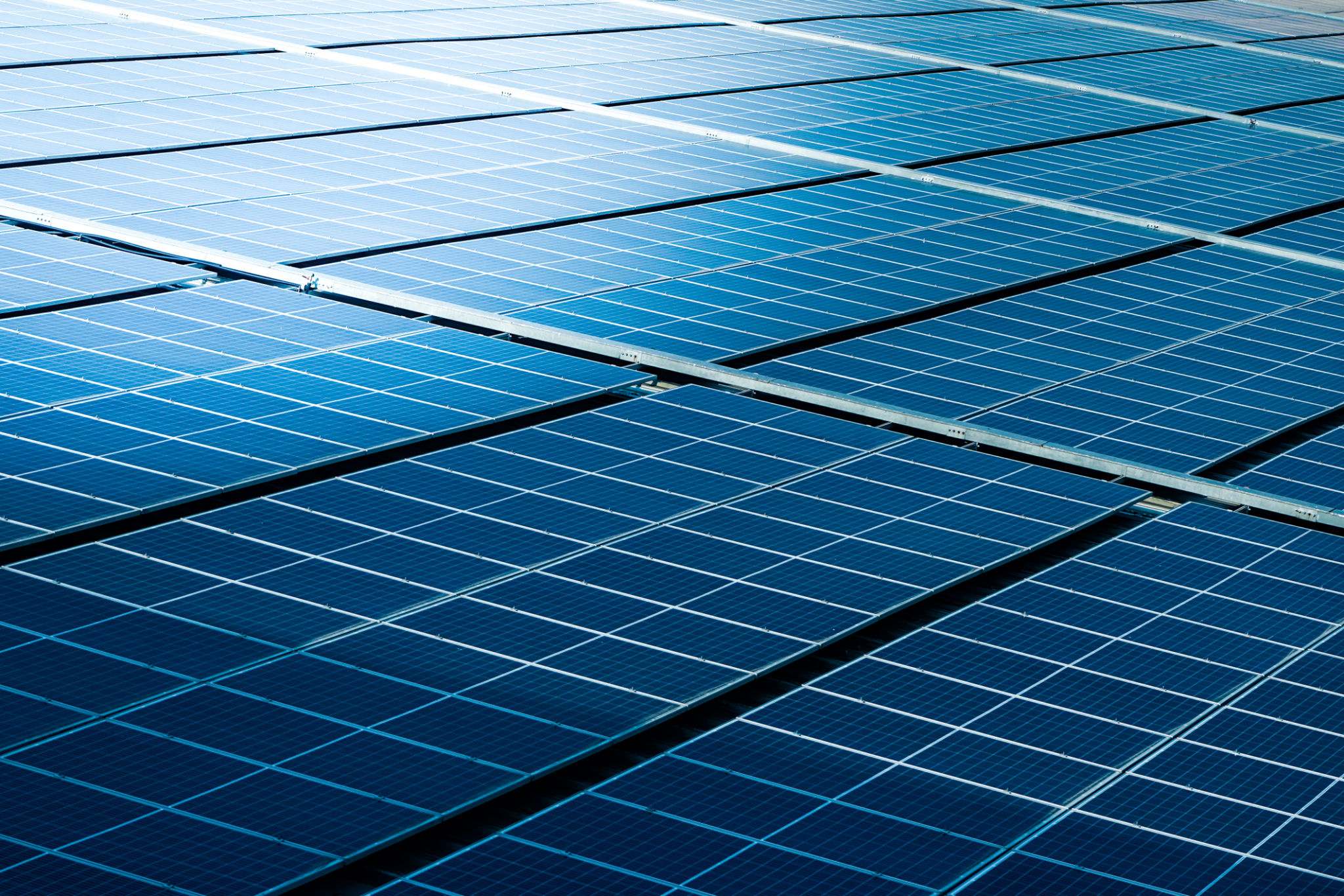Expert Insights: The Future of Renewable Energy in the Mid-Atlantic
Ki
The Growing Importance of Renewable Energy
As the world continues to grapple with climate change and its consequences, the shift towards renewable energy has never been more critical. In the Mid-Atlantic region, this transition is gaining momentum, driven by technological advancements and policy support. The future of renewable energy in this region looks promising as stakeholders collaborate to harness sustainable resources.

The Mid-Atlantic is uniquely positioned to lead the renewable energy revolution due to its diverse geography and robust infrastructure. From solar farms to wind turbines, the potential for clean energy production is vast and varied. As these technologies evolve, they promise not only to meet energy demands but also to create economic opportunities throughout the region.
Advancements in Solar and Wind Energy
Solar energy is one of the fastest-growing sectors in the Mid-Atlantic. With advancements in photovoltaic technology, solar panels have become more efficient and affordable. This has led to wider adoption among residential, commercial, and industrial users. State incentives and federal tax credits have further accelerated this growth, making solar an attractive option for many.
Wind energy is another promising avenue. Offshore wind farms, in particular, are set to play a crucial role in the region's renewable energy future. The Mid-Atlantic's coastline offers ideal conditions for offshore wind development, which can generate substantial amounts of electricity while minimizing land use conflicts.

Emerging Technologies and Innovations
Beyond solar and wind, other technologies are emerging to support the renewable energy landscape. Battery storage systems, for instance, are becoming more prevalent, offering solutions for energy intermittency issues. These systems store excess energy generated during peak production times for use during periods of high demand.
Hydrogen fuel cells are another area of exploration, offering a clean energy source that can be used across various sectors. Research and development in this field are ongoing, with the potential to transform how energy is stored and distributed.
Policy and Economic Impacts
Government policies play a pivotal role in shaping the future of renewable energy. In the Mid-Atlantic, state governments are implementing policies to encourage the adoption of clean energy technologies. These range from renewable portfolio standards (RPS) to tax incentives and grants. Such measures are crucial in reducing dependency on fossil fuels and promoting sustainable practices.

The economic impact of renewable energy in the Mid-Atlantic is substantial. As the industry grows, it creates jobs in manufacturing, installation, and maintenance. Additionally, the region can attract investments from companies looking to establish a presence in a forward-thinking energy market.
Challenges and Opportunities
Despite the progress, challenges remain. Integrating renewable energy into the existing grid infrastructure requires significant investment and planning. There are also regulatory hurdles and public perception issues to address. However, these challenges present opportunities for innovation and collaboration among stakeholders.
The future of renewable energy in the Mid-Atlantic is bright, with the potential to redefine the region's energy landscape. By continuing to invest in clean technologies and supportive policies, the Mid-Atlantic can lead the way in achieving a sustainable energy future.